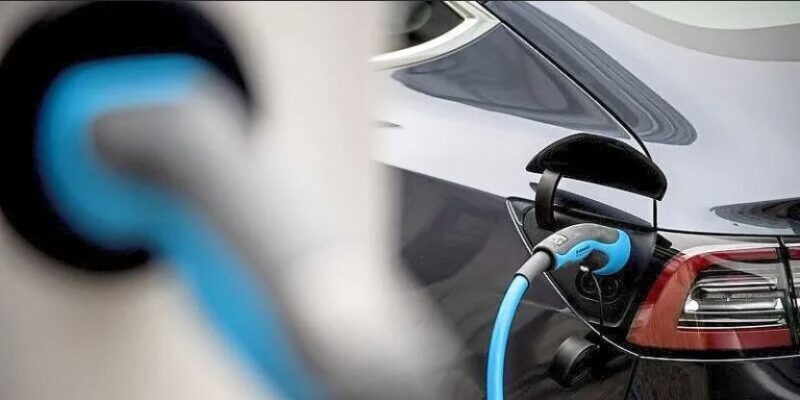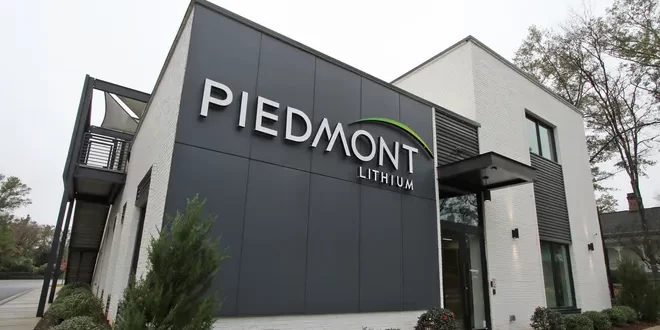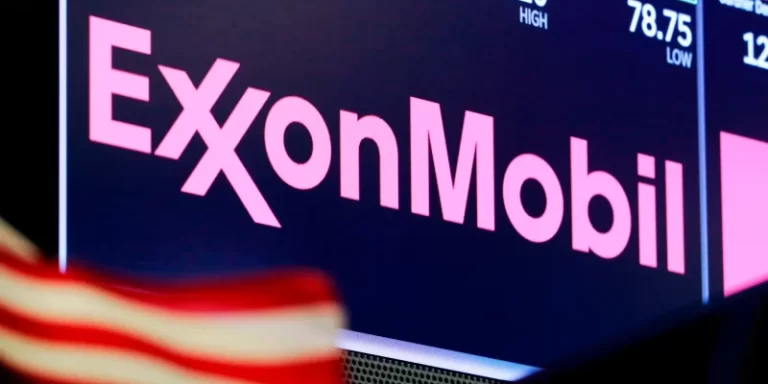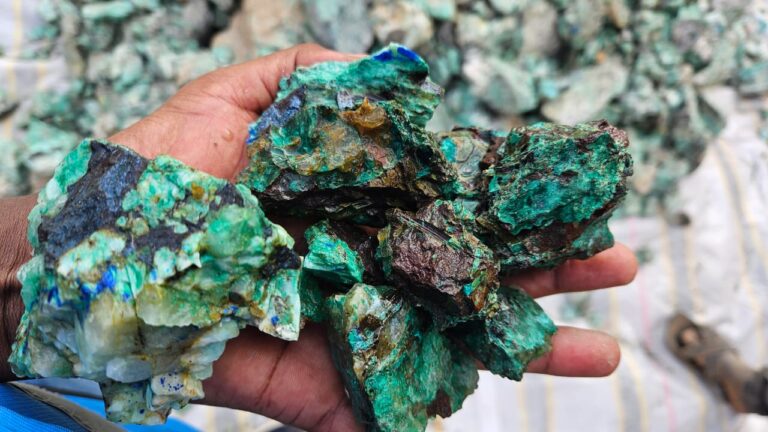
The global automotive industry is accelerating efforts to develop electric vehicle (EV) motors with minimal or zero rare earth content, challenging China’s stronghold on these crucial minerals.
Traditionally, rare earth-based permanent magnets powered EV motors, but alternatives are gaining traction due to environmental concerns, fluctuating rare earth prices, and a desire for supply chain diversification.
Market leader Tesla made headlines by committing to rare earth-free EVs, sparking a broader industry trend.
General Motors, Jaguar Land Rover, and suppliers like BorgWarner are exploring alternatives, including magnet-free externally excited synchronous machines (EESMs).
German supplier ZF has developed an EESM motor, aiming to reduce dependence on China and enhance sustainability.
While China dominates rare earth mining and processing, recent export restrictions underscore the risks of overreliance. ZF’s EESM motor, matching the size and performance of traditional motors, could be featured in production model EVs within two years.
The move toward rare earth-free alternatives aligns with sustainability goals and avoids the environmental challenges associated with refining rare earths.
BMW and other automakers claim success in developing rare earth-free motors, emphasizing the sustainability and reliability of these alternatives.
Vitesco designed an EESM motor for Renault, emphasizing the avoidance of rare earth price fluctuations. U.S. startup Niron Magnetics and major players like GM and Stellantis are investing in permanent magnets without rare earths.
While rare-earth permanent magnet motors still dominate the global market, alternatives are gaining ground, driven by a decline in rare earth prices and concerns over China’s dominance.
Western automakers are also working to dramatically reduce rare earth content in their motors. Mercedes-Benz’s next-generation EV platform, for instance, features motors with minimal heavy rare earth content.
The quest for rare earth-free solutions extends beyond motors; innovations like rare earth-free speakers are emerging.
UK firm Warwick Acoustics has developed speakers that are 90% lighter and more energy-efficient than conventional ones, showcasing the industry’s commitment to sustainable and diversified EV technologies.





